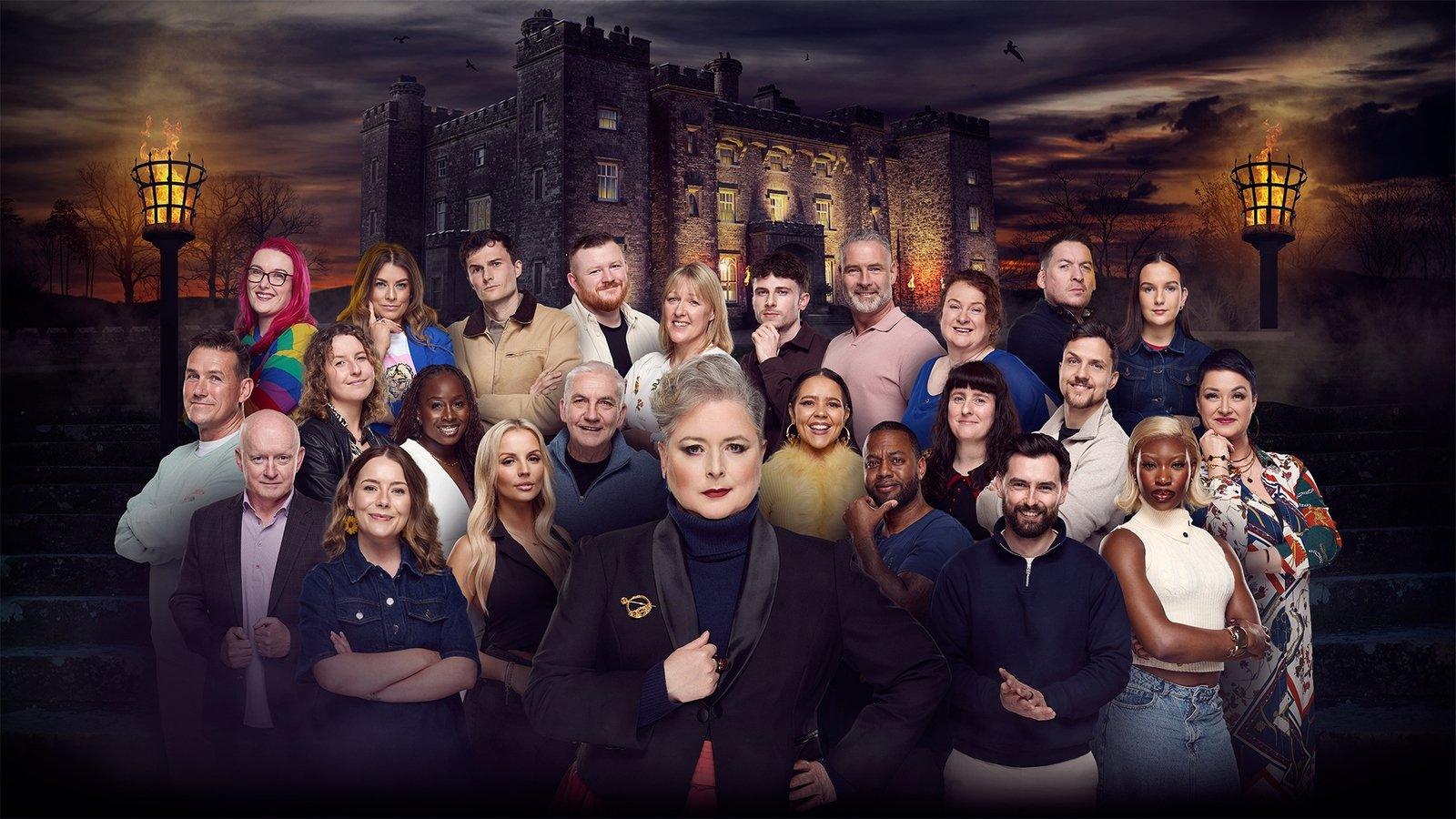Understanding Traitors in Ireland: History and Impact

The Significance of Traitors in Irish History
The concept of ‘traitors’ has played a pivotal role in shaping Ireland’s turbulent history. From the Norman invasions in the 12th century to the rise of the Republic in the 20th century, accusations of treachery have often served as a tool for political and military agendas. These historical narratives not only influence the social consciousness of the Irish but also have significant implications in contemporary politics.
Historical Context
Throughout its history, Ireland has seen numerous individuals and groups labelled as traitors, often for aligning with foreign powers or opposing the nationalist cause. One of the most notable cases was that of Sir Henry Sidney in the late 16th century, who accused several Irish chieftains of treachery against the Crown. Similarly, during the Irish War of Independence, many who sought ceasefire or peace negotiations with British authorities were branded as traitors by their compatriots.
Modern Implications
In contemporary Ireland, the term ‘traitor’ continues to echo in political discourse, particularly in discussions surrounding Brexit and the Northern Ireland Protocol. Critics argue that certain political figures who support agreements perceived to compromise Irish sovereignty are betraying the historical struggle for full independence. These divisions reveal that the label of traitor can be highly subjective and context-dependent.
Public Sentiment and Cultural Legacy
Public sentiment around the concept of betrayal remains complex. For many, historical traitors symbolize the enduring conflicts within Irish identity. When commemorating figures like Robert Emmet or Wolfe Tone, who fought for Irish freedom, the conversation often turns to those who opposed their vision. This cultural legacy is reflected in literature, music, and popular media, influencing how new generations perceive these charged terms.
Conclusion
Understanding the role of traitors in Irish history is essential for grasping the complexities of the nation’s past and present. As Ireland navigates its unique political landscape in the 21st century, the implications of betrayal continue to shape conversations about loyalty, identity, and nationhood. Ultimately, the term ‘traitor’ invites reflection on the choices individuals make in the face of political challenges and how those decisions resonate through time.
